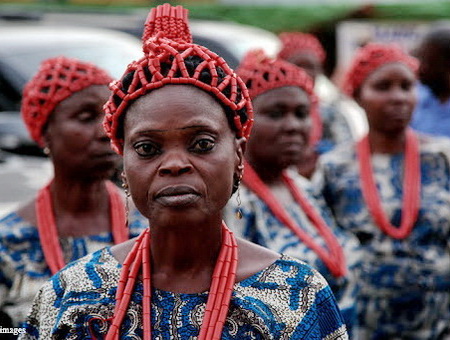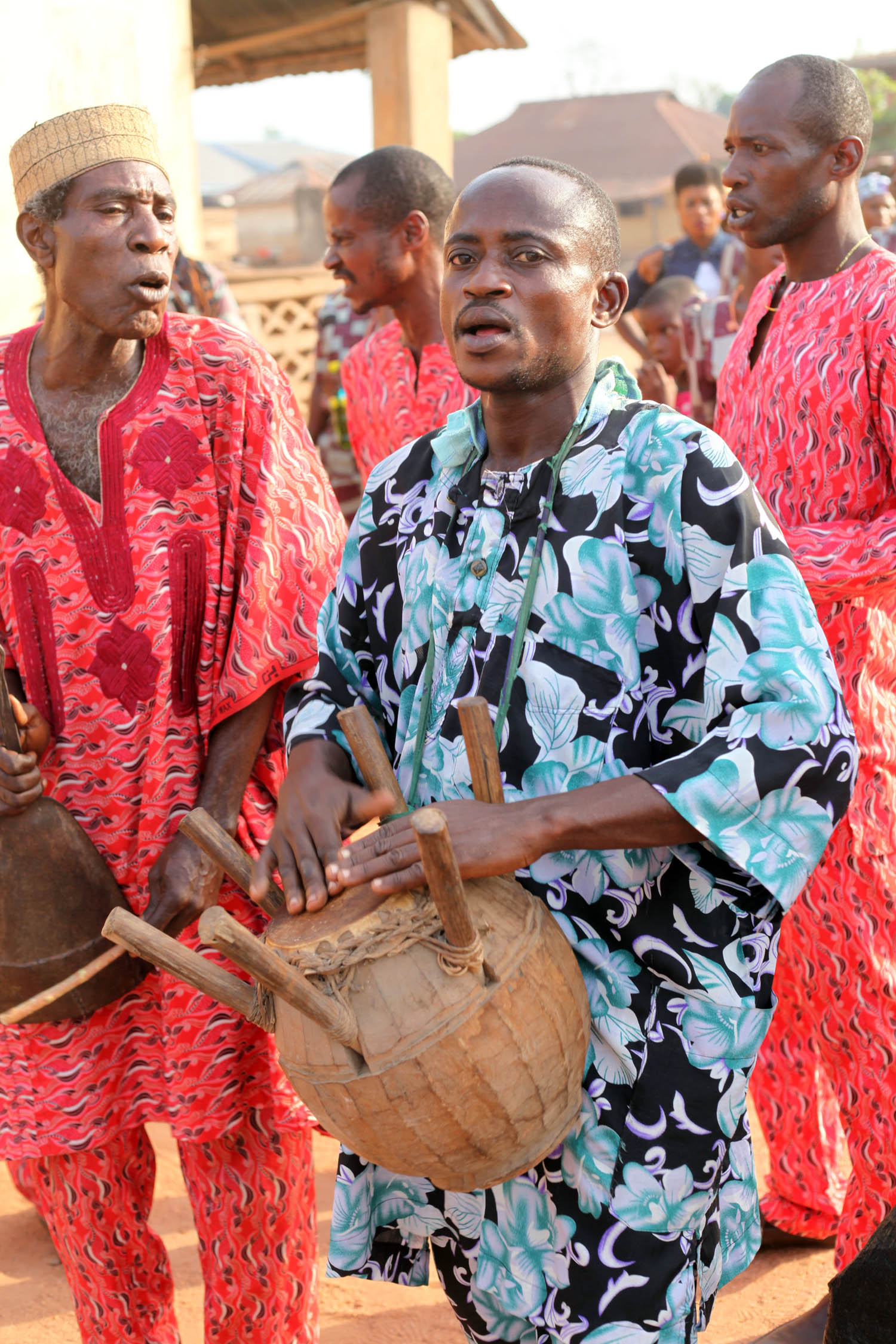Ondo State
States Jan 04, 2025

Table of Contents
Exploring the History of Ondo State, Nigeria
Ondo State, located in the southwestern region of Nigeria, is a land of rich cultural heritage, historical significance, and natural beauty. Created on February 3, 1976, from the former Western State, Ondo State has since grown into a hub of economic, educational, and cultural activities. Known as the “Sunshine State,” it is home to diverse ethnic groups, vibrant traditions, and a fascinating past that continues to shape its present.
Pre-Colonial History

The history of Ondo State can be traced back to the pre-colonial era when it was largely inhabited by the Yoruba people. The Yoruba ethnic group, one of the largest in Nigeria, has a deep-rooted history and is known for its advanced societal structures and rich cultural practices. The Ondo Kingdom, one of the prominent Yoruba kingdoms, played a significant role in the state’s early history. Oral traditions and historical records recount the establishment of the kingdom by Princess Pupupu, a descendant of Oduduwa, the legendary progenitor of the Yoruba people.
In addition to the Ondo Kingdom, other notable Yoruba sub-groups in the state include the Akure, Owo, Ikale, Ilaje, and Akoko people. These groups developed distinct cultural identities while maintaining a shared heritage rooted in Yoruba customs and beliefs.
Colonial Era and the Emergence of Ondo State
During the colonial era, Ondo State was part of the larger Western Region under British administration. The introduction of Western education, Christianity, and new economic systems had a profound impact on the region. Cocoa farming became a major economic activity, contributing significantly to the development of Ondo communities and earning Nigeria a reputation as one of the world’s leading cocoa producers.
In 1976, Ondo State was officially created to promote better governance and development. Initially, it included the present-day Ekiti State until Ekiti was carved out in 1996. Today, Ondo State is divided into 18 local government areas, each with its own unique contributions to the state’s identity.
Cultural Heritage and Traditions
Ondo State is renowned for its vibrant cultural festivals, traditional art, and historic landmarks. Festivals such as the Ogun Festival, celebrated in Ondo Town, and the Orosun Festival in Idanre are important cultural events that attract visitors from far and wide. These festivals provide insights into the spiritual and social lives of the people, showcasing their connection to ancestral traditions.
The state is also known for its exquisite crafts, including wood carvings, beadwork, and pottery. The ancient town of Owo, in particular, is famous for its historical significance and contributions to Yoruba art. The Owo Museum houses artifacts and relics that narrate the rich cultural and artistic history of the area.
Natural Attractions
Ondo State boasts a wealth of natural attractions that reflect its diverse geography. One of the most famous landmarks is the Idanre Hills, a UNESCO World Heritage Site and a must-visit destination for history and nature enthusiasts. The hills feature ancient settlements, mysterious rock formations, and breathtaking views that tell the story of Ondo’s past.
Other notable attractions include the Owo Forest Reserve, the Oluwa River, and the coastal areas of Ilaje, where visitors can experience the beauty of Nigeria’s coastline. These natural wonders make Ondo State an excellent destination for eco-tourism and outdoor adventures.
Economic and Educational Contributions
Ondo State is a major contributor to Nigeria’s economy, particularly in agriculture and education. The state is one of the largest producers of cocoa, palm oil, and rubber in the country. Its agricultural sector continues to drive economic development and provide livelihoods for its residents.
Education is another area where Ondo State excels. The state is home to prestigious institutions such as Adekunle Ajasin University, Akungba-Akoko, and the Federal University of Technology, Akure (FUTA). These institutions have produced notable alumni who have made significant contributions to Nigeria and beyond.
Conclusion
Ondo State, with its rich history, vibrant culture, and economic importance, holds a special place in Nigeria’s story. From its ancient kingdoms to its modern achievements, the state continues to be a beacon of heritage and progress. Whether you’re interested in history, culture, or nature, Ondo State offers a unique and unforgettable experience that highlights the diversity and beauty of Nigeria.
